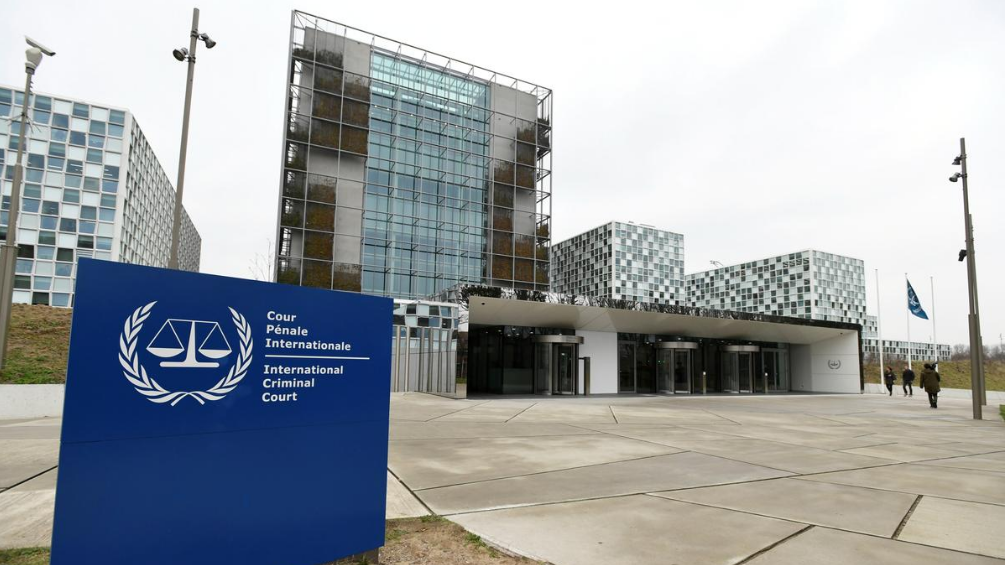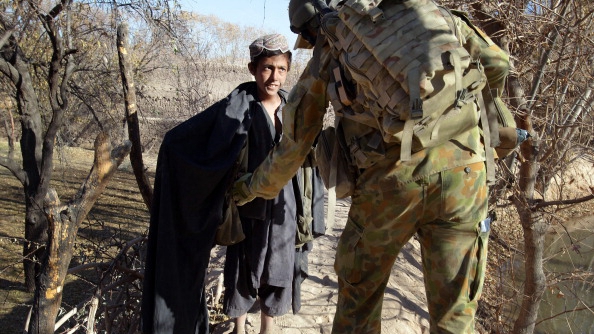
The International Criminal Court building in The Hague, the Netherlands. /Reuters
The International Criminal Court building in The Hague, the Netherlands. /Reuters
Editor's note: Kong Qingjiang is the dean of the School of International Law, China University of Political Science and Law. The article reflects the author's opinions, and not necessarily the views of CGTN.
A four-year inquiry, conducted by the Australian Defense Force (ADF), has turned out to be an initial step towards a probe into an atrocity in Afghanistan. According to the shocking inquiry report, there is "credible evidence" that Australian soldiers unlawfully killed 39 people during the Afghan war. The long-awaited report has found that 25 elite soldiers were involved in the killing of unarmed prisoners and civilians in 23 incidents.
As shown from the information disclosed by the ADF inquiry report and other sources, the indiscriminate killing of civilians by Australian soldiers in Afghanistan, none of which occurred in the heart of war, amounted to a war crime. It is also a serious violation of international humanitarian law. In addition, as Australian soldiers used extremely cruel methods to kill Afghan war prisoners and civilians, they are suspected of violating human rights enshrined in the treaties such as the United Nations Convention against Torture and Other Cruel, Inhuman or Degrading Treatment or Punishment.
Although the report suggests that 19 special force soldiers should be investigated by police, doubt lingers as to whether the domestic investigation would clear up the suspected crimes that had been deliberately covered up by soldiers involved. The belated release of the inquiry leaves behind a further question mark on the impartiality of such domestic investigations, and therefore, domestic authority is no longer fit for conducting the investigation.

A soldier conducts a search while on patrol in Oruzgan province, southern Afghanistan, where Australian troops are working with soldiers of the Afghan National Army. /Getty
A soldier conducts a search while on patrol in Oruzgan province, southern Afghanistan, where Australian troops are working with soldiers of the Afghan National Army. /Getty
From the perspective of international rule of law, a formal international investigation should be launched. Such an investigation is supposed to determine whether the Australian soldiers committed the atrocity. In this context, the International Criminal Court (ICC) is the right international agency to conduct the investigation.
The ICC, formally established in 2002 pursuant to the Rome Statute, is the only international tribunal for war criminals. It has jurisdiction over crimes committed within the territory of the State Party or committed by nationals of the State Party after the entry into force of the Rome Statute in 2002.
It is mandated to conduct judicial investigations under the Rome Statute that would lead to the indictment of the suspected individuals responsible for serious crimes such as war crimes, genocide, crimes against humanity, and crimes of aggression. Once convicted, the individuals will be subject to punishment.
The illegal killings began in 2009, with the majority occurring in 2012 and 2013. As both Australia and Afghanistan are signatories to the Rome Statute, the ICC may exercise legitimate jurisdiction over the crimes suspected to be committed by the Australian military in Afghanistan.
In this regard, it must be pointed out that from the international law point of view, the act of the Australian soldiers is attributable to the state of Australia. Should the Australian soldiers be convicted, their country would not be free from state responsibility for Afghanistan and the Afghan people. In case the above international investigation to proceed, it might be wise for the Australian government to accept an international investigation and cooperate with the ICC, rather than to vent its anger on any third party that acted to accuse the atrocity.
(If you want to contribute and have specific expertise, please contact us at opinions@cgtn.com.)

